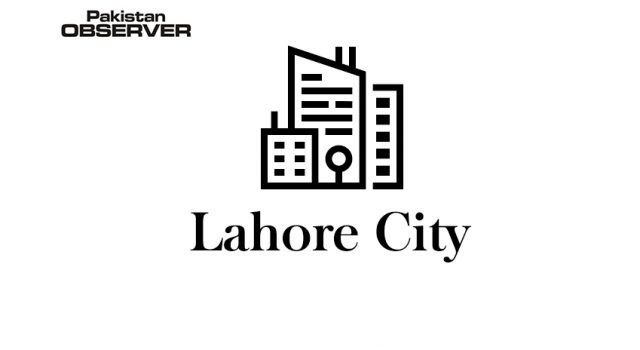Like other parts of the world, the coronavirus pandemic has also affected education sector in Pakistan by restricting students to their homes.
However, during the ongoing COVID-19 crisis, online learning has made it possible for students to stay safe and get access to quality education for avoiding the academic loss.
According to the United Nations Educational, Scientific and Cultural Organization (UNESCO), the closure of schools and colleges have particularly disrupted the education of 363 million students and learners, from pre-primary to tertiary levels including 57.8 million students of higher education, worldwide who are now at homes during the ongoing COVID-19 crisis.
While taking precautionary measures against the coronavirus spread in Pakistan, the government has ordered to close all educational institutions till May 31, this year. The Higher Education Commission (HEC) has directed all educational institutions to initiate online academic classes for the students confined to their homes.
According to a notification of the Federal Ministry of Education, the teaching management of educational institutions has been directed by the government that all possible online courses should be started on urgent basis through training system of experts by utilizing the existing resources. A ‘data bank of the online courses’ has been developed for the students of various levels that has been shared with the respective faculty training experts for knowledge dissemination, it added.
Director General UNESCO, Audrey Azoulay in a recent International video conference has invited global educationists to come forward with emergency response by sharing respective strategies and online study plans, which would help minimize the learning losses and disruptions, amid the pandemic outbreak.
He said that the UN Educational and Scientific body was providing best possible support to the disease affected countries by ensuring immediate educational remedies and paradigms to the students of inclusive distance learning.
The conference which was attended by education ministers and high-ups of around 73 countries who submitted their proposals for completing the remaining syllabus of the students through online teaching.
Talking to APP, Spokesperson of Punjab Government Musarrat Jamshed Cheema said that the government has taken solid measures to overcome the problems related to academic and syllabus learning. She said, “Almost all major educational institutions have started online courses to overcome academic losses of the students.”
Cheema said, “Health of our students and teachers is top priority, as it is better to be secured rather to face dangerous situation,” adding the governmental and private institutions have started online classes in science, commerce and IT subjects to complete the remaining courses.
She urged the financially-strong members of society to come forward in this hour of need and assist the vulnerable students particularly those who could not afford education in the prevailing situation. “Private educational institutions should voluntarily contribute at least 20 percent discount for the students in their school fee for the months of April and May”.
It may be mentioned here that UNESCO has formed a COVID-19 Emergency Task Force (CETF) for overcoming educational losses through sharing policy and data bank in the online courses for the students of all levels. This force will help establish a forum for the students to enhance knowledge sharing among them by peer learning and capacity building on ‘distance and open learning’.
The HEC Chairman Tariq Banuri has said in his tweet, “In response to a number of complaints regarding the online classes in some universities, the HEC is immediately going to inspect the quality and capacity of the universities on the content of the courses, their delivery and connectivity”.









